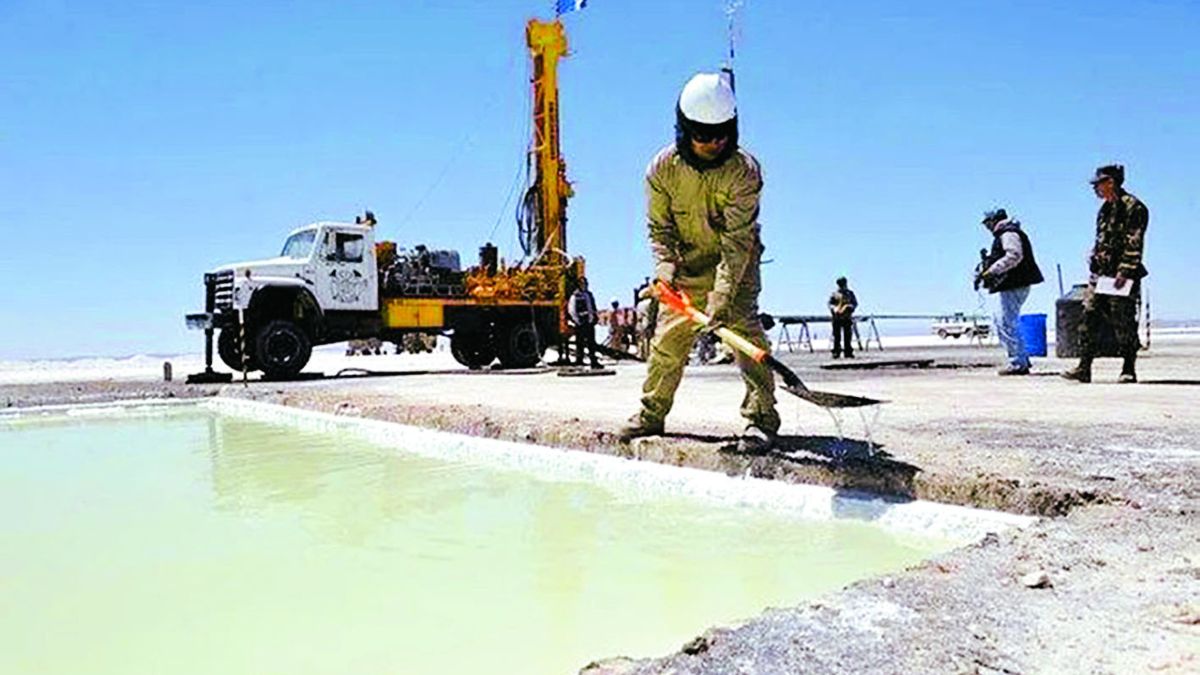In any case, the Undersecretary for Strategic Affairs (SAE) and economist Verónica Robert admitted the impossibility of implementing this regulation due to institutional differences.
The Undersecretary for Strategic Affairs (SAE) and economist Veronica Robert stressed that the regulatory framework for lithium in Chile serves for “Think about the effective possibilities and the degree of maneuver you have Argentina around lithium”. In any case, he admitted the impossibility of implementing this regulation due to institutional differences.
The content you want to access is exclusive to subscribers.
“Chile and Argentina are very different countries from an institutional perspective: Chile is a unitary country, unlike our country, which is federal and which also recognizes by its constitution the original domain of natural resources”, he clarified. However, Robert stressed during the panel held at the Faculty of Engineering of the UBA in the one he spoke with the president of Y-Tec, Roberto Salvarezza“this regulatory framework allows us to think about the effective possibilities and the degree of maneuver that Argentina has around lithium.”


He recalled that in 2015, during the government of Michelle Bachelet, Chile renegotiated its operating contracts with the two companies that currently exploit lithium in the Salar de Atacama (SQM and Albemarle) and, since then, has not granted concessions. “When the Corporation for the Promotion of Production (Corfo) renegotiated these contracts with the two companies, it questions the opportunity to capture rent and raise royalties with a scheme that is staggered by prices in which they agree that, when the price of lithium exceeds $10,000 per ton, they are going to start charging 40% royalties; at that time it was thought that the price would not exceed that mark and today Chile is charging 40% royalties”he detailed.
In addition, the economist maintained that in that agreement aa quota for industrialization dedicated to the domestic market and since then, Chile has doubled its production, “going from 100,000 to 200,000 tons; furthermore, this situation did not discourage investment by mining companies.” Therefore, the SAE official pointed out that Argentina should “attend to these two fronts, respecting our National Constitution and the conditions agreed upon as a country”.
Regarding the regulatory framework for lithium in Argentina, Robert explained that, in recent days, the different areas of the Government and the Lithium Board met to promote a regulation that, “among other aspects, guarantee the supply of natural resources for its industrialization in the country”. “The fundamental axis of the bill that was worked on in an articulated manner with Catamarca, Salta and Jujuy is the territorial development of the provinces and industrial development. We are confident that, based on coordination with Energy, Mining, Science and Technology, Y-TEC and the Interior, the initiative will be presented in the coming months,” he concluded.
Source: Ambito




